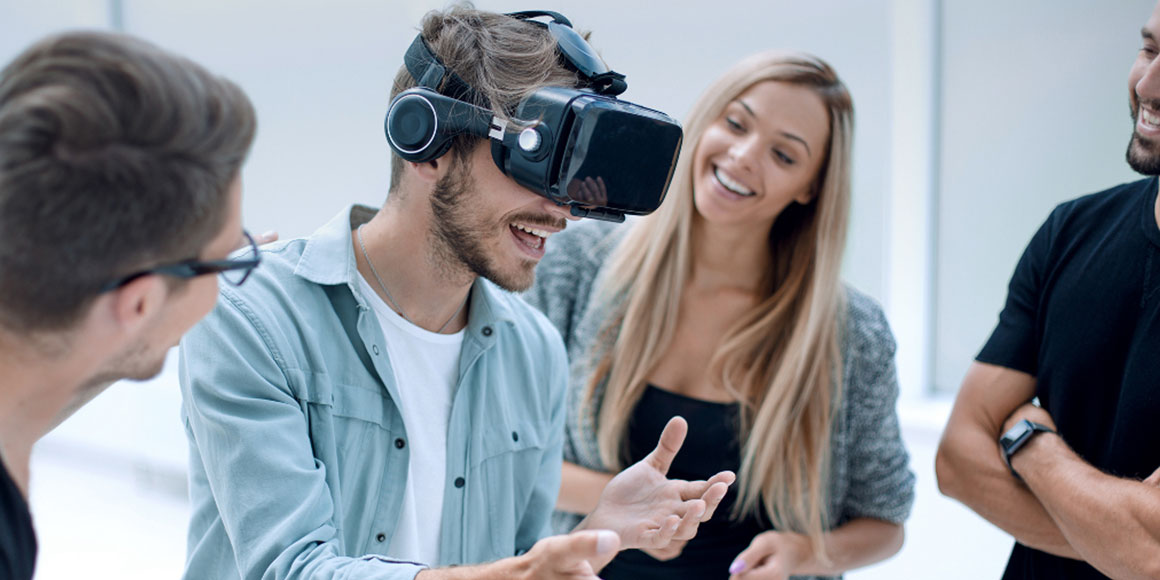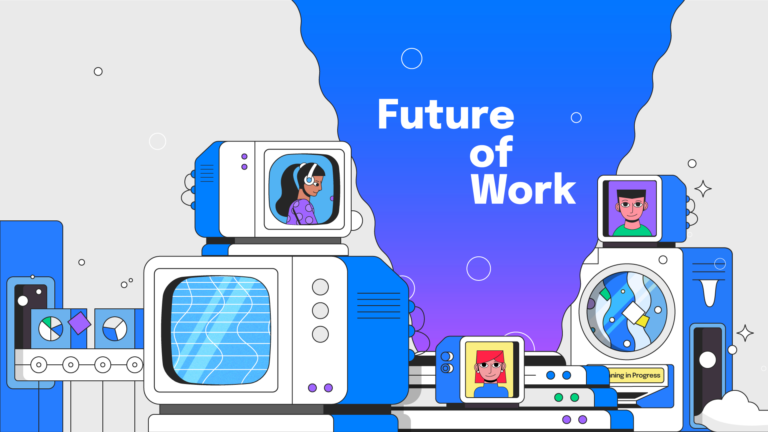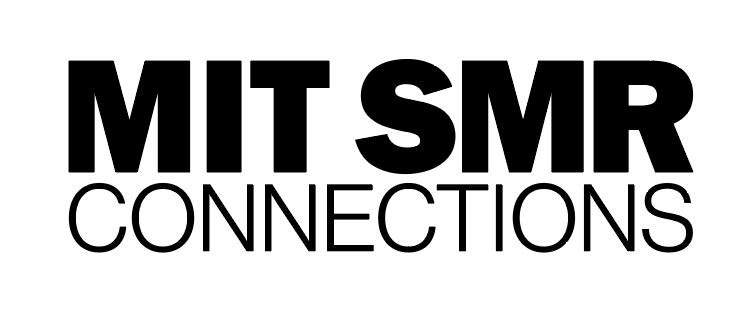One of the main attributes of human beings is our desire to be together. Tribes, religions, communities, and partnerships all form out of our need to exist and share experiences together. This will not change, despite a global pandemic or the advances in collaboration technologies.
But that’s a good thing. People thrive on togetherness, and in the context of business, togetherness is a staple of productivity and progress. Why? Because even though each of us has intelligence, experience, and ambition, these things mean extraordinarily little if there is no one else around to experience them. It’s like an echo: if you lived in a world where there was absolutely no sound, where there was not even an echo, you would soon lose your bearings.
Humans need to bounce ideas off each other like that physical echo. We read eye contact, body language, subtle timings, and gestures. The pace of our speech in a conversation allows for real time processing of ideas – think about the cadence of a conversation; how you send and receive cues on when and how to speak.
There will never be an end to our desire and determination to meet in person. Events aren’t just about being in an audience and listening to a keynote presentation. It’s also about knowing there are people around you – in front of you and behind you – and tuning in to their responses, their energy, and attitudes. It’s true that a seasoned speaker can read a crowd in less than 15 seconds and predict how their performance will be received. It’s instinctive but it’s very real.
But there are two other realities to bear in mind about events post-pandemic. The first, of course is the lingering effect of the pandemic that makes large group meetings very risky. And beside that – and assuming that hopefully this will one day be behind us – there is the notion that more and more people will choose not to travel as much, because the technology now exists to make virtual attendance a thing.
The future of events is not about being able to see a keynote speaker on your screen. The future lies in recreating a genuine sense of presence – the instinctive knowledge that there are people occupying the same three-dimensional space as you – where even if they don’t speak, you can read their body language, feel their presence, and most importantly, feel part of the event.
We have come a long way in developing this technique. Online gaming is one frontier where a three-dimensional space is already a given, and there are start-ups that are making virtual campuses, auditoriums, and lounges available for convention goers to visit in avatar form. Artificial intelligence has now succeeded in revolutionizing the meeting space – from the obligatory boardroom to high-def intelligent screens that involve and engage meeting attendees no matter where they sit.
The next stage will be to transfer that instinctive sense of presence through a combination of virtual reality, augmented reality, and artificial intelligence. Humans will never stop wanting to meet in person. It’s in our nature, and it’s vital to survival. But in the future, we may see even more sophisticated hybrids that focus on the sense of togetherness, both for formalized activities and for the more passive hour-by-hour existence within a workplace environment.
Events will never go away – and nor should they – but as we navigate the future of work, technology will continue to help us stay connected and together.





